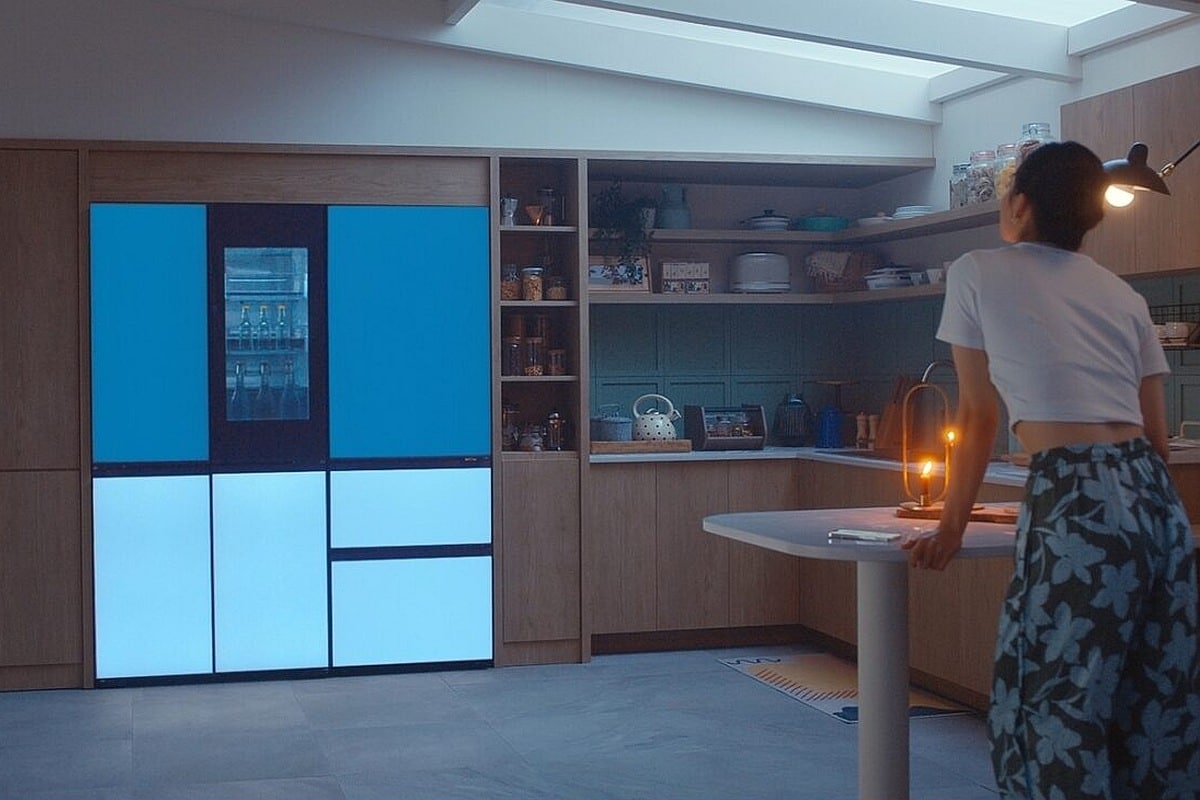The European Union would like to give consumers the right to have worn-out products such as washing machines and televisions repaired by the manufacturer even after the sales guarantee has expired, in order to avoid waste and extend the life of the goods.
The European Commission on Wednesday proposed rules that would oblige manufacturers to offer repairs on a product between five and 10 years after sale – regardless of whether or not the legal guarantee is still valid.
The rules would apply to fridges, vacuum cleaners, TVs, washing machines and other goods that are considered “repairable” under EU law. The EU is negotiating rules that would extend the requirement to smart phone And tablets.
European consumers and businesses routinely throw away goods that could be repaired, creating waste and discarding parts that could be salvaged and reused.
A 2020 survey commissioned by the Federal Environment Agency found that the “first use period” of products such as televisions and large household appliances has decreased in recent years.
Some products are not designed for easy repair, while others are cheaper to buy a new product than to repair an old one, the study found. In many cases, consumers simply swapped out still-functioning goods because they wanted a newer version.
Under EU rules, companies would have to repair a defective product free of charge within the two-year statutory warranty period if the repair costs are less than or equivalent to replacing the product.
After this date, companies must continue to offer free or paid repairs. The EU is also looking to launch an online service to help consumers find local repairers and expects competition from other repairers to limit costs.
The European consumer organization BEUC welcomed the proposal but said it would have made more sense to extend the legal guarantee period for durable products like refrigerators.
The EU is negotiating a range of policies aimed at encouraging companies to make more sustainable products and giving consumers clearer information about the environmental impact of their consumption.
A second law proposed by Brussels on Wednesday would force companies to verify claims as to whether their products are “green” or “eco-friendly”.
EU countries and the European Parliament both have to negotiate and approve laws, a process that usually takes more than a year.
© Thomson Reuters 2023





